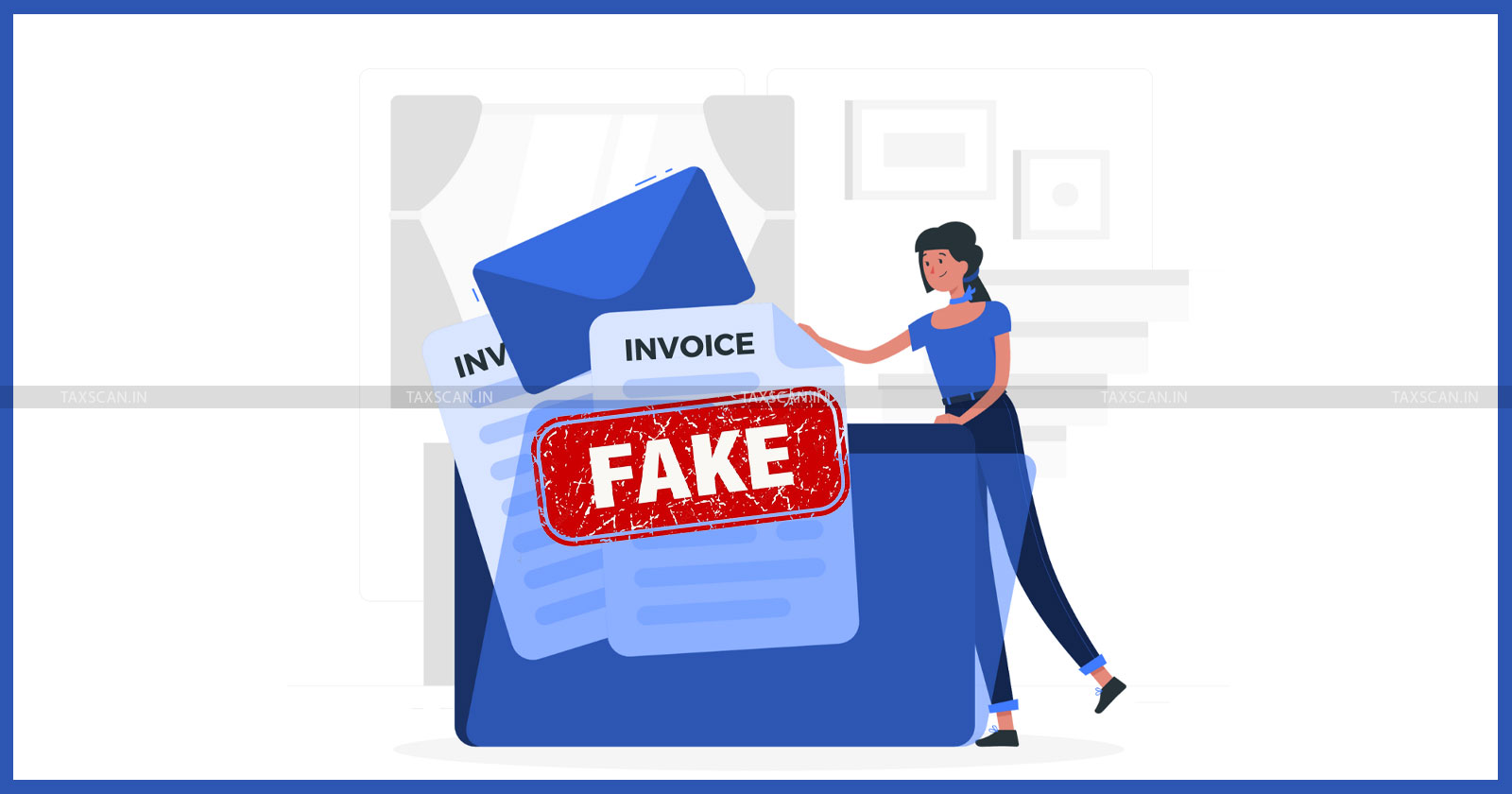BACL Not eligible for ITC on electricity consumed for township maintenance prior to 5-7-2022: Chhattisgarh HC [Read Order]
The benefit of amendment in shape of Explanation 1(d) to Rule 43 of the CGST Rules would be available for the period after 5-7-2022
![BACL Not eligible for ITC on electricity consumed for township maintenance prior to 5-7-2022: Chhattisgarh HC [Read Order] BACL Not eligible for ITC on electricity consumed for township maintenance prior to 5-7-2022: Chhattisgarh HC [Read Order]](https://images.taxscan.in/h-upload/2025/08/06/2073479-bacl-itc-taxscan.webp)
In a recent case, the Chhattisgarh High Court held that Bharat Aluminium Company Limited( BACL ), the petitioner is not entitled to ITC on electricity consumed for township maintenance, as such consumption is not in the course or furtherance of business under Section 16(1) of the CGST Act. The court observed that the benefit of amendment in shape of Explanation 1(d) to Rule 43 of the CGST Rules would be available only for the period after 5-7-2022
The appellant challenged the impugned order dated 17-9-2020 passed by the Joint Commissioner (Appeals), State Tax, Bilaspur, the petitioner herein namely, Bharat Aluminium Company Limited (BALCO) has filed these appeals calling in question legality, validity and correctness of the same by which its appeals preferred under Section 107 of the Chhattisgarh Goods and Services Tax Act, 2017 have been dismissed affirming the order dated 6-7-2019 passed by the Assistant Commissioner, State Tax, Korba, Circle-2, directing recovery of ₹ 40,14,605/-.
Comprehensive Guide of Law and Procedure for Filing of Income Tax Appeals, Click Here
 Also Read:Calcutta HC dismisses GST Appeal for Non-Exhaustion of Appeal Remedy against Order Blocking ITC on Alleged Fake Invoices [Read Order]
Also Read:Calcutta HC dismisses GST Appeal for Non-Exhaustion of Appeal Remedy against Order Blocking ITC on Alleged Fake Invoices [Read Order]
The petitioner is engaged in manufacture, sale and export of aluminium products and it has its factory premises at Korba, Chhattisgarh. For the purposes of its business operations, the petitioner has established two power plants of 540 MW and 1200 MW at Korba. The petitioner imports coal on due payment of Goods and Services Tax (GST) Compensation Cess and uses the same for generation of electricity using the two power plants which is further used for manufacture of aluminium products.
The petitioner also claims to maintain a residential township for its employees. It is the case of the petitioner that the electricity which is generated from the two power plants is used in three manners: (a) firstly, electricity from the power plants is used for manufacturing operations within the factory premises; (b) secondly, some portion of the electricity is sold to State Electricity Boards; and (c) lastly, some portion of the electricity (540 MW) is supplied to the township for its employees, and the present dispute is confined to the portion of electricity which is supplied to the township of its company.
Understanding Common Mode of Tax Evasion with Practical Scenarios, Click Here
The petitioner filed an application for refund in terms of Section 54(1) of the Central Goods and Services Tax Act, 2017 (‘the CGST Act’) claiming refund of the Input Tax Credit (ITC) of the Compensation Cess paid on import of coal. The refund claimed by the petitioner was to the tune of ₹ 7,44,73,347/- for the month of February, 2019 on 1st April, 2019 on the premise that the petitioner being exporter of aluminium products is entitled for the ITC of the GST Compensation Cess paid on the inputs i.e. coal used for generation of electricity.
The petitioner has raised question, whether the maintenance of township and supply of electricity thereof is in the course or furtherance of business in terms of Section 2(17) read with Section 16 of the CGST Act and it amounts to business activity to entitle the petitioner for Input Tax Credit (ITC) under Section 16(1) of the CGST Act and argued that during the pendency of the writ petitions, the insertion of Explanation 1(d) to Rule 43 of the Central Goods and Services Tax Rules, 2017 ( ‘the CGST Rules’) vide Notification No.14/2022 – Central Tax dated 5th July, 2022, would also be applicable to the pending proceedings, as it would have the retrospective effect.
Return has been filed opposing the averments made in the writ petitions stating inter alia that proportion of Compensation Cess attributable to coal consumed for production of electricity used in the township is not eligible for refund of ITC and the appellate authority has rightly held that sale of Duty Credit Scrips (DSC) is an exempted supply, it should be added to calculate the eligible Input Tax Credit. It has further been stated that turnover generated by selling Duty Credit Scrips should be included in the turnover of exempt supplies as well as total turnover. Therefore, the writ petitions deserve to be dismissed.
Step by Step Guidance for Tax Audit & E-filing, Click Here
A single bench of Justice Sanjay K. Agrawal found that the appellate authority adjudicated the appeal preferred under Section 107 of the Chhattisgarh Goods and Services Tax Act, 2017 on 17-9-2020 and thereafter, the notification dated 5-7-2022 inserting Explanation 1(d) to Rule 43 of the CGST Rules came into force with effect from 5th July, 2022 on the recommendation made by the GST Council.
It was viewed that the amendment made in the explanation in shape of Rule 43, Explanation (1)(d), of the CGST Rules, is not clarificatory in nature. Though express power in Section 164(3) of the CGST Act has been conferred upon the rule-making authority, yet the rule-making authority did not choose to promulgate it with retrospective effect.
While dismissing the petition, the High court ruled that the benefit of amendment in shape of Explanation 1(d) to Rule 43 of the CGST Rules would be available for the period after 5-7-2022.
Support our journalism by subscribing to Taxscanpremium. Follow us on Telegram for quick updates


